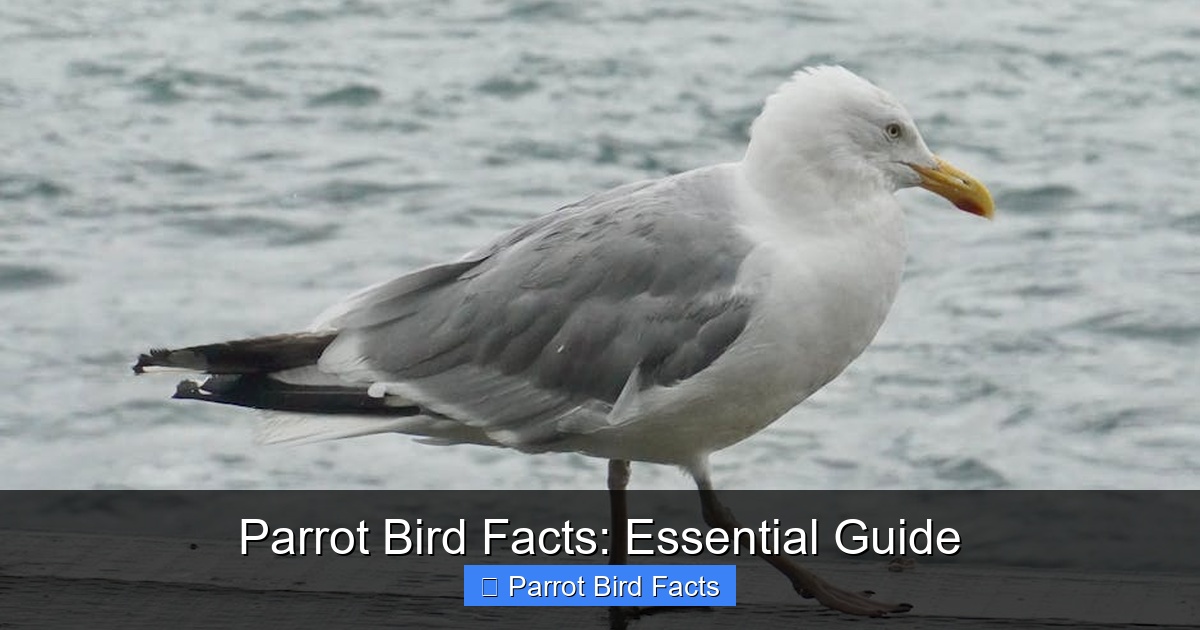
Featured image for this comprehensive guide about parrot bird facts
This is a comprehensive guide about parrot bird facts.
Frequently Asked Questions
What is parrot bird facts?
parrot bird facts is an important topic with many practical applications and benefits.
How can parrot bird facts help me?
Understanding parrot bird facts can improve your knowledge and provide practical solutions.
